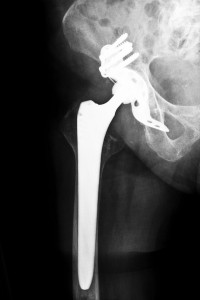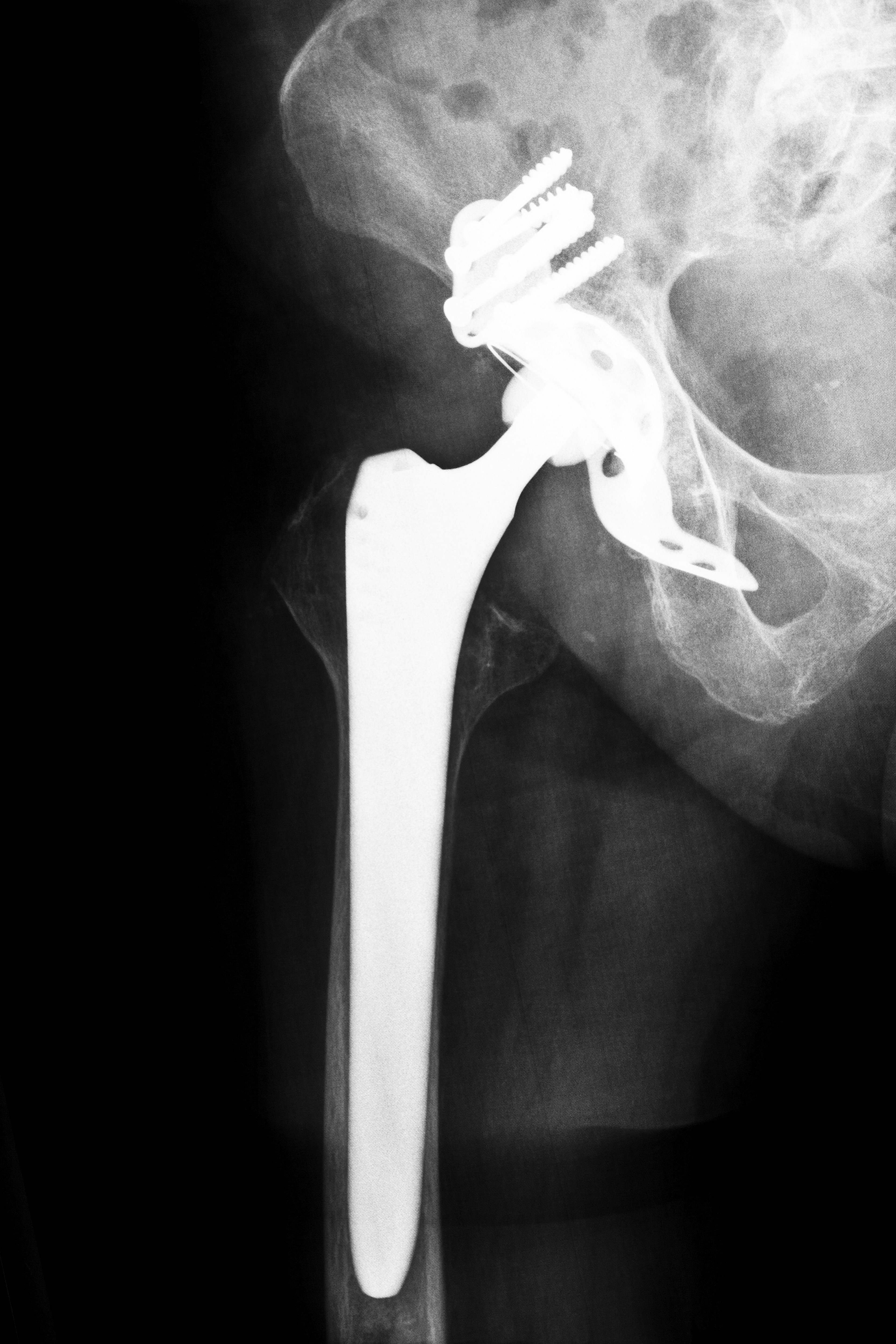 In a hip replacement procedure, a surgeon removes the patient’s damaged hip and replaces it with a man-made device. The hope is, by undergoing this type of surgery, that the artificial hip implant will help to improve the patient’s mobility, decrease his or her pain and help to improve his or her overall quality of life. However, certain types of hip replacements are under scrutiny due to the potential for these devices to cause adverse and sometimes life-threatening complications.
In a hip replacement procedure, a surgeon removes the patient’s damaged hip and replaces it with a man-made device. The hope is, by undergoing this type of surgery, that the artificial hip implant will help to improve the patient’s mobility, decrease his or her pain and help to improve his or her overall quality of life. However, certain types of hip replacements are under scrutiny due to the potential for these devices to cause adverse and sometimes life-threatening complications.
If you feel you have been injured by an all-metal hip implant, contact Attorney Group for Mississippi today for more information about your legal options. Depending on the circumstances surrounding your condition, you may be eligible to seek compensation for your injury.
Four Common Types of Hip Replacements
In a hip implant made of metal and plastic, a surgeon inserts a plastic polyethylene spacer in between a socket and ball made of titanium, stainless steel, chromium or cobalt. Similarly, an all-metal hip implant features components that are made completely out of metal, and several manufacturers maintain that these types of hip replacements allow for a greater range of motion and are more wear-resistant, making them one of the best types of hip replacements for younger, more active patients.
In the early 1980s, the first all-ceramic hip implants were introduced. The U.S. Food and Drug Administration (FDA) approved these types of hip replacements in 2011, along with ceramic-on-metal hip implants. Similar to metal-on-metal devices, ceramic-on-ceramic implants feature components made entirely out of ceramic for the purpose of being smoother and more scratch-resistant. Additionally, a patient may opt for a ceramic-on-metal hip implant that is comprised of a metal acetabular cup and a femoral head made out of ceramic.
Patients Experience Complications
According to patients pursuing claims for compensation, several types of hip replacements made entirely of metal caused them to suffer from adverse side effects and complications, including:
- Metal toxicity
- Bone fractures
- Infections
- Difficulty standing and walking
- Neurological damage
- Pain, discomfort and swelling
- Damaged joints and tissues
- Early device failure
Lawsuits Filed against Medical Device Manufacturers
Patients may consider filing lawsuits in Mississippi against the manufacturer of their hip replacement if they feel that the device caused them to sustain injuries or suffer from complications. Several manufacturers are currently facing similar lawsuits filed on behalf of plaintiffs throughout the U.S., who allege that the devices resulted in early device failure. As a result, thousands of patients claim that they were required to undergo complex and often painful revision surgeries to correct the problems caused by the devices.
As of April 15, 2014, DePuy Orthpaedics has been named in more than 5,700 lawsuits pertaining to its Pinnacle device, and the company recently reached a $2.5 billion settlement to close more than 8,000 lawsuits pertaining to its ASR hip replacement implant. Similarly, Stryker Orthopedics agreed to a settlement in December 2013 over its ABG II and Rejuvenate modular-neck hip stems. Other manufacturers facing claims include Wright, Biomet, Zimmer and Smith & Nephew.
Contact Attorney Group for Mississippi Today
Attorney Group for Mississippi offers free consultations to those who have been fitted with a metal-on-metal hip implant and later suffered injury, and we can help you determine if you have a claim. We can help answer questions you may have and put you in touch with an affiliated Mississippi hip replacement attorney who can help you seek the compensation to which you may be entitled.






